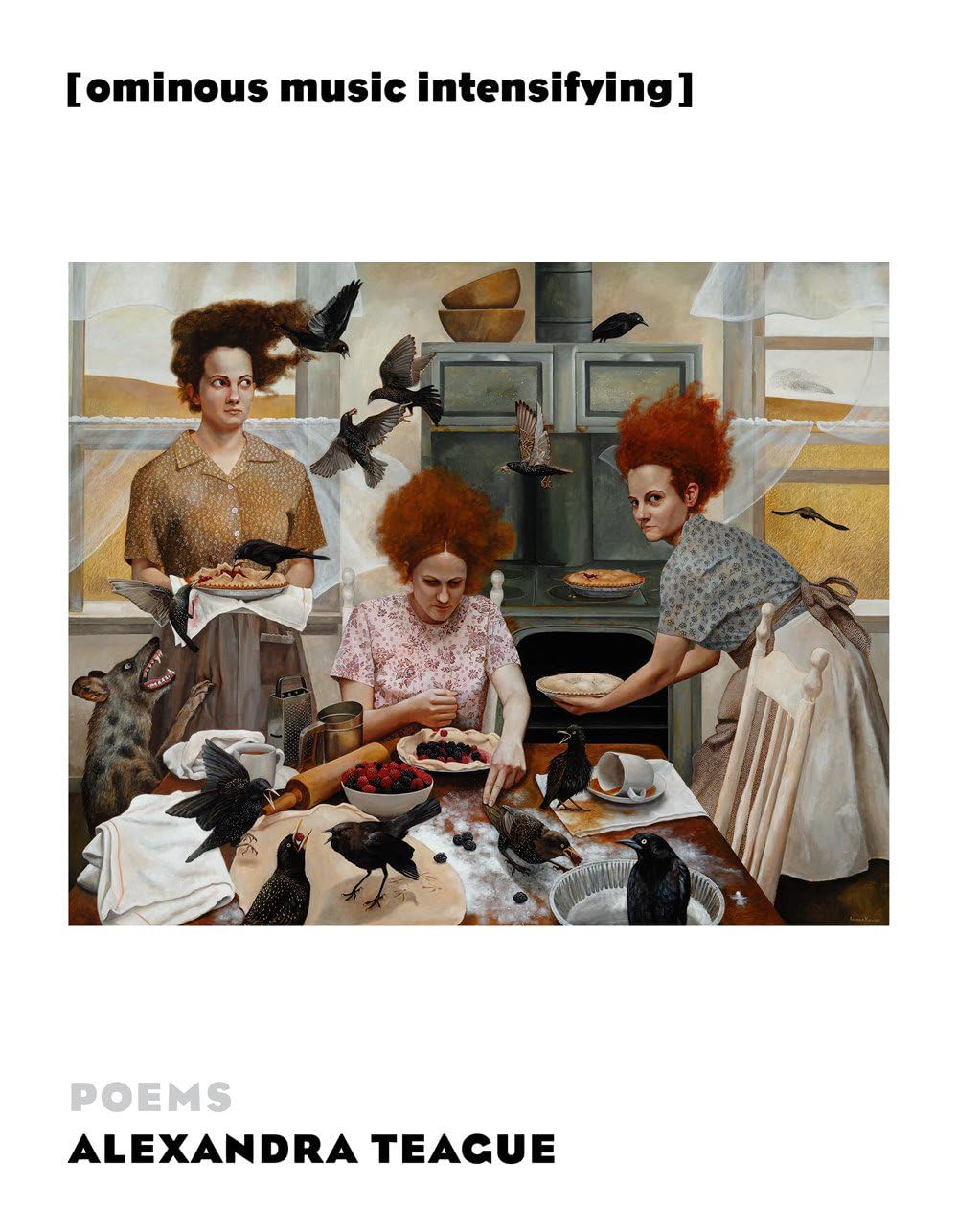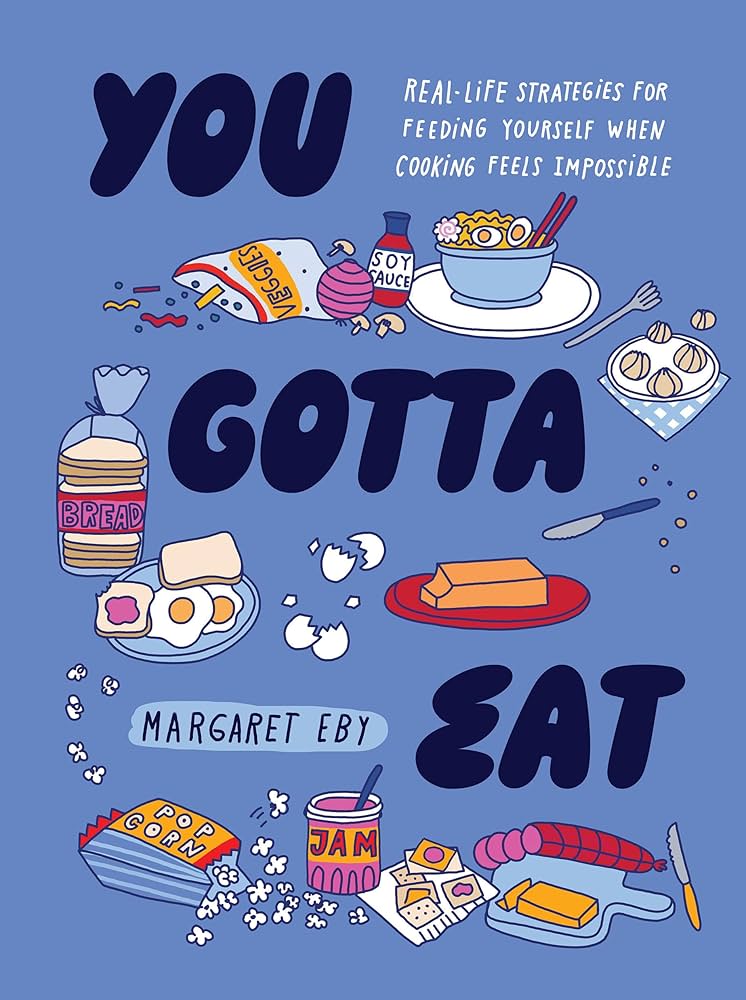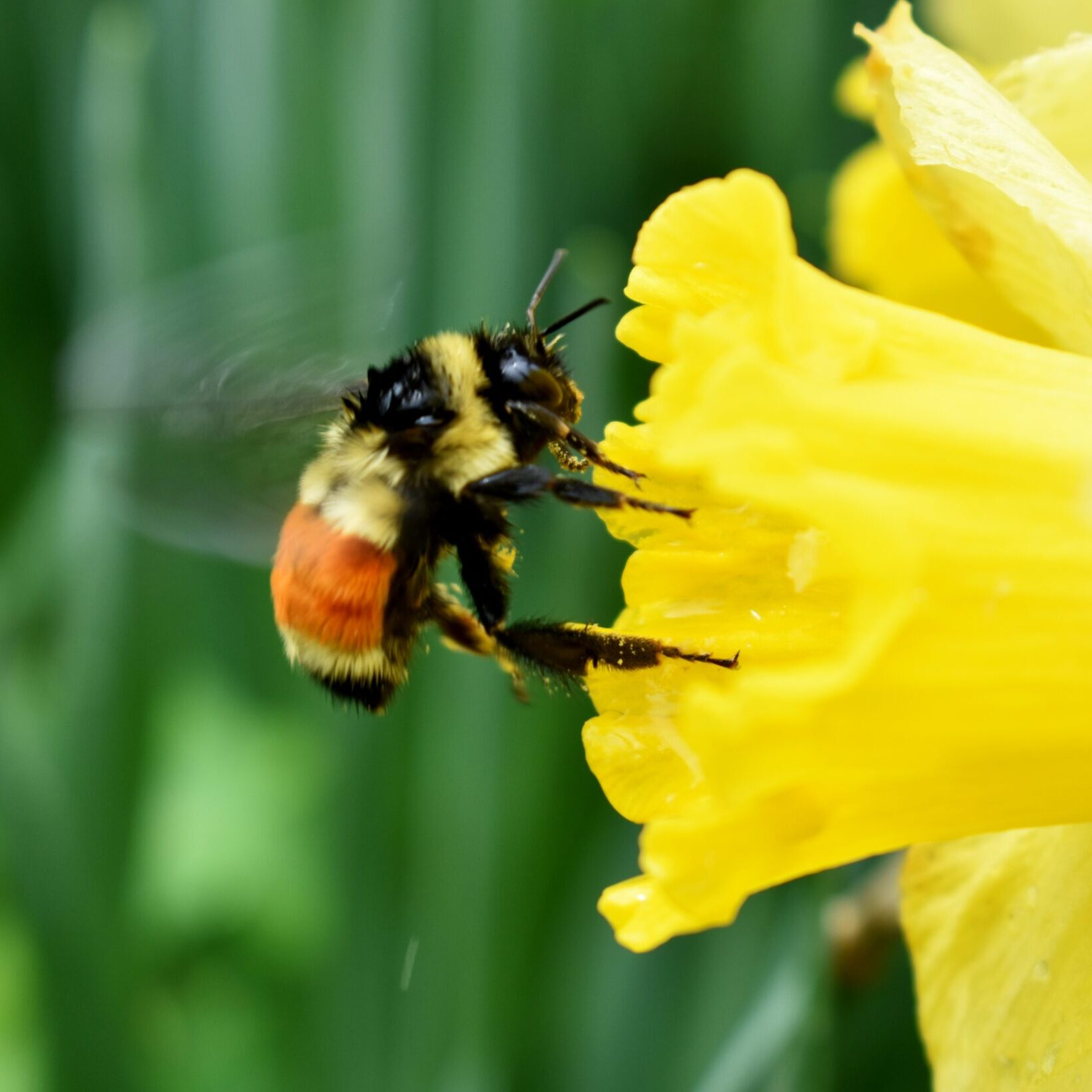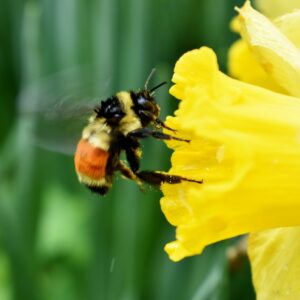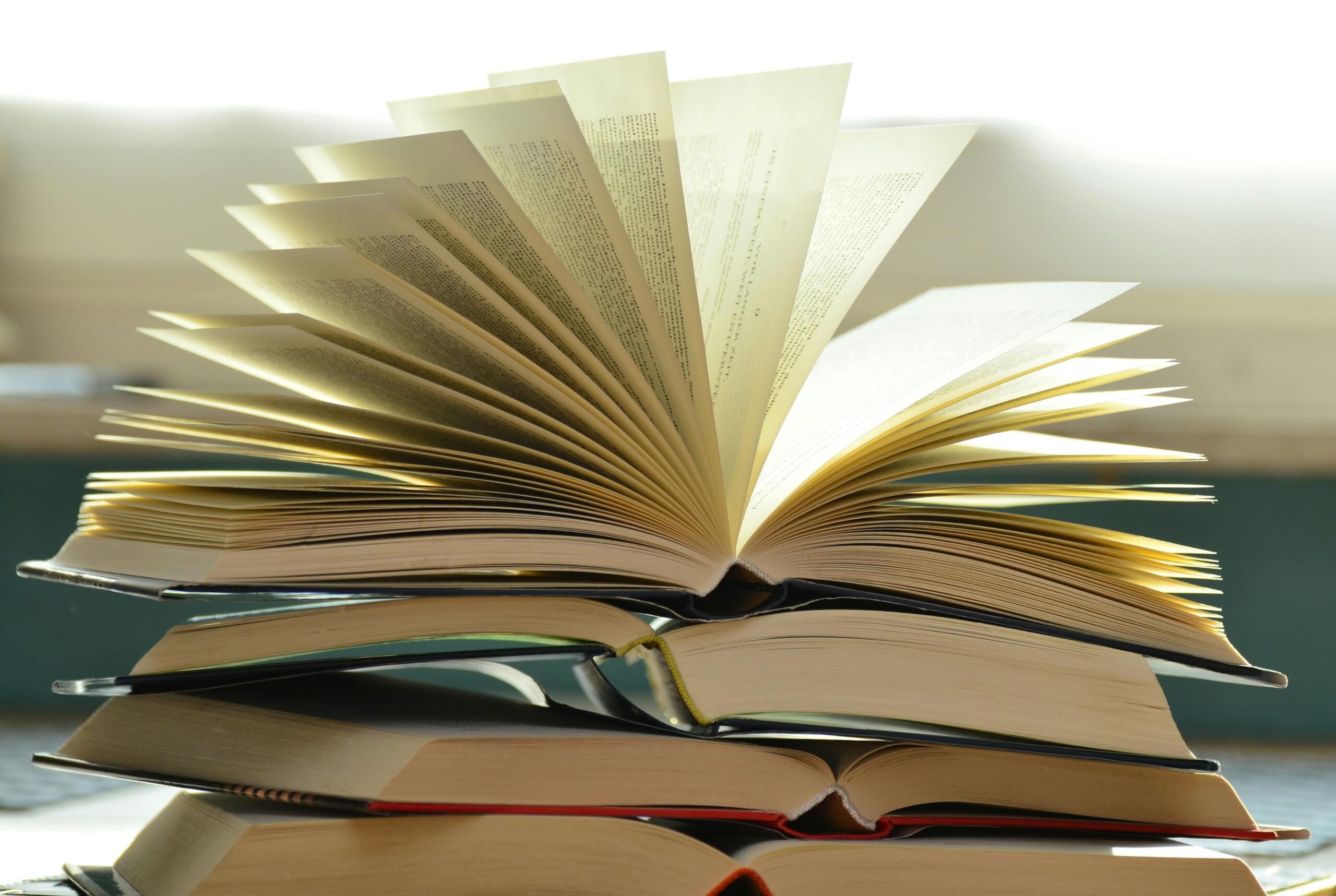Curated by SAM SPRATFORD
As we’re finding our footing in 2025 and, in the U.S., shoring up against new political realities, January has been pervaded by a sense of uncertainty. The books our community is reading right now seem to respond to this feeling, in areas of life spanning from assimilation to cooking anxiety. Read on for recommendations from our contributors AFTON MONTGOMERY, HEMA PADHU, and ADRIENNE SU that just might help to stabilize your spirits—or, at the very least, provide some quality distraction.
Miriam Ungerer’s Good Cheap Food and Margaret Eby’s You Gotta Eat: Real-Life Strategies for Feeding Yourself When Cooking Feels Impossible; recommended by Issue 28 Poet Adrienne Su
When working on my last book of poems, Peach State (2021), I often wrote my way to the kitchen: writing about a dish made me want to cook it. These days, I’m cooking my way to the proverbial typewriter. I read about food. Then I cook something I’ve read about, and the process nudges me to fill a page.
